The United Nations Human Rights Council (UNHRC) adopted a resolution to renew the mandate of the Independent Expert focusing on the protection against violence and discrimination on the basis of sexual orientation and gender identity (SOGI).
The resolution was adopted by a vote of 27 in favor, with 12 voting against and seven abstentions.
Now this is worth highlighting: The Philippines voted in favor of the resolution.
The Philippines’ UN voting history vis-à-vis LGBTQIA people has been inconsistent. In 2016, when the UNHRC adopted the resolution on “protection against violence and discrimination based on SOGI (which created the post for the Independent Expert), the Philippines abstained from voting for the resolution. It was then under the presidency of Benign Aquino III.
Also to date, the country still does not have a national anti-discrimination policy protecting the human rights of LGBTQIA Filipinos, even if various versions of the anti-discrimination bill (ADB) have been filed in the Upper and Lower Houses of Congress for 20 years now. In 2017, during the last – 17th – Congress, it passed the House of Representatives; but its counterpart version in the Senate failed to gain traction.



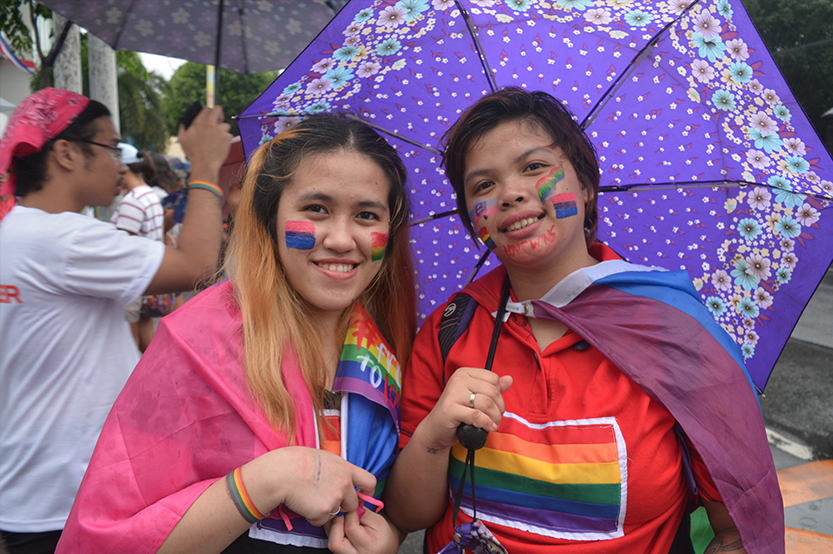
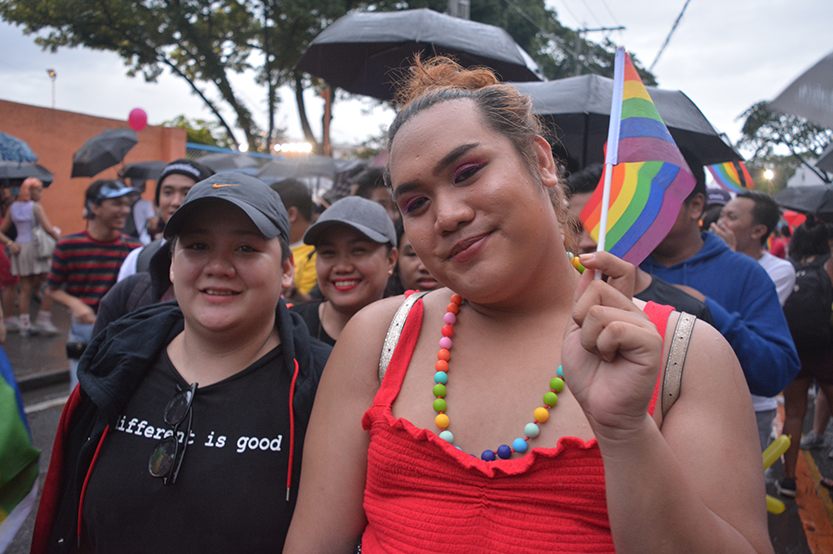
Created in 2016, the UN Independent Expert on SOGI has been supported by a growing number of States from all over the world. This new resolution to create and renew the mandate was presented by a Core Group of seven Latin American countries – Argentina, Brazil, Chile, Colombia, Costa Rica, Mexico and Uruguay.
The UN Independent Expert on SOGI is tasked with assessing implementation of existing international human rights law, by talking to States, and working collaboratively with other UN and regional mechanisms to address violence and discrimination. Through the work of this mandate since 2016, the impact of criminalization of same-sex relations and lack of legal gender recognition, the importance of data-collection specific to SOGI communities, and examples of good practices to prevent discrimination have been highlighted globally, with visits to Argentina, Georgia, Mozambique and Ukraine.
As a top-to-bottom approach, however, the immediate impact of the UN Independent Expert on SOGI on grassroots LGBTQIA activism remains a sore issue for those critical of its.
The renewal process of the mandate had to overcome 10 hostile amendments, but the core of the resolution in affirming the universal nature of international human rights law stands firm.
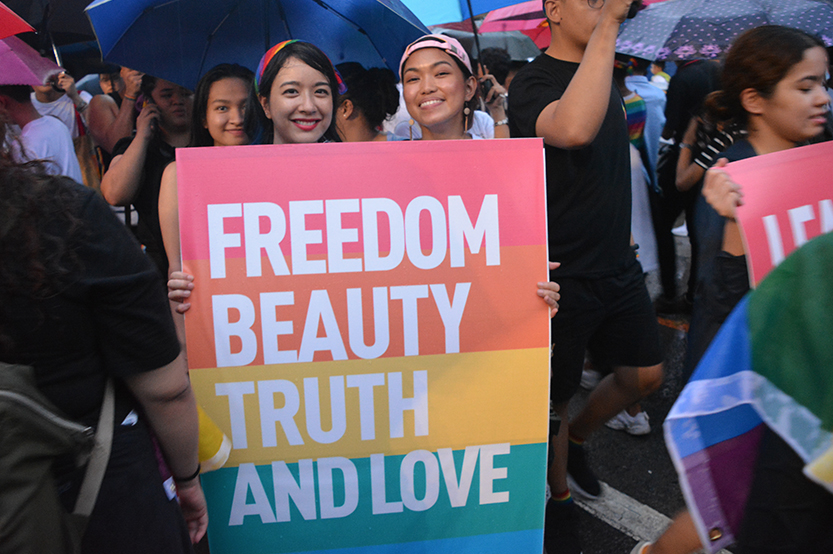

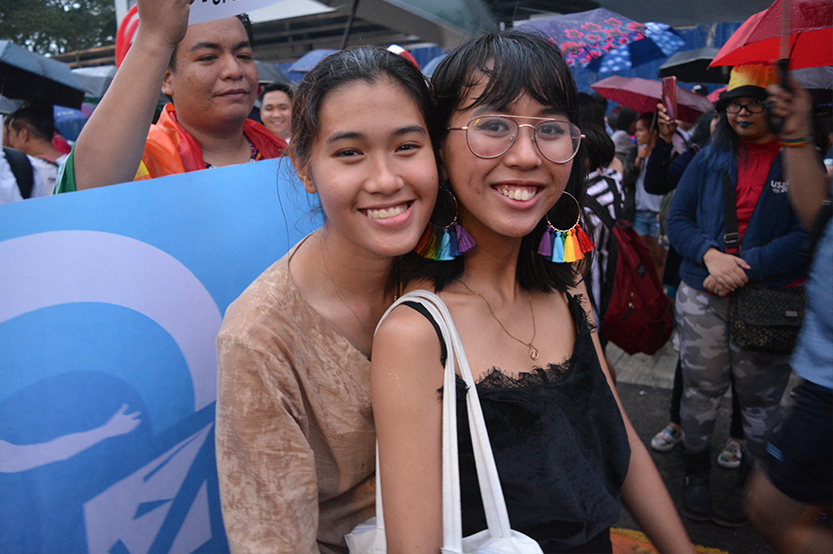

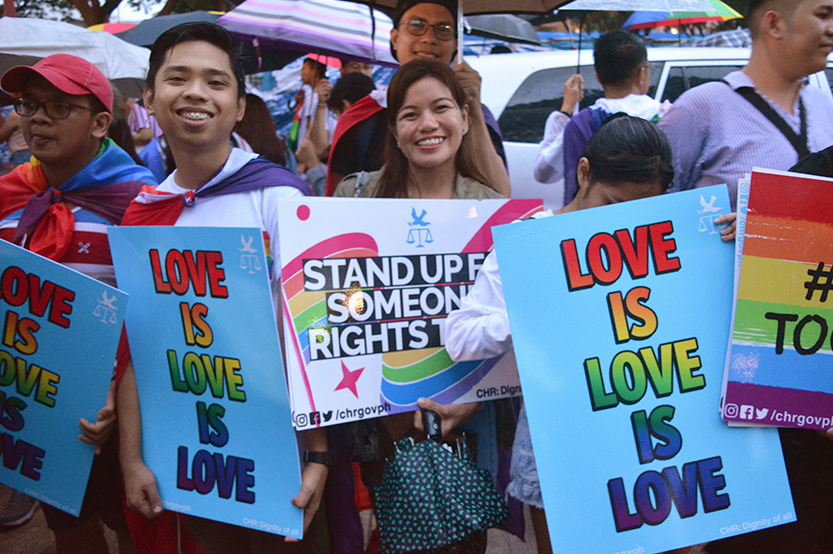



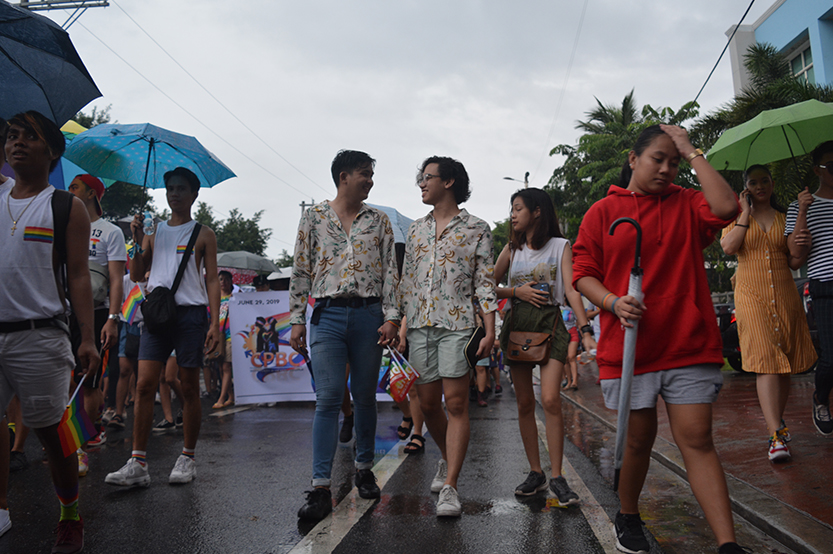
RESULTS OF THE VOTE
Voting in favor of the resolution
Argentina, Australia, Austria, Bahamas, Brazil, Bulgaria, Chile, Croatia, Cuba, Czech Republic, Denmark, Fiji, Iceland, Italy, Japan, Mexico, Nepal, Peru, Philippines, Rwanda, Slovakia, South Africa, Spain, Tunisia, Ukraine, UK, Uruguay
Voting against the resolution
Afghanistan, Bahrain, Bangladesh, China, Egypt, Eritrea, Iraq, Nigeria, Pakistan, Qatar, Saudi Arabia, Somalia
Abstaining on the resolution
Angola, Burkina Faso, Democratic Republic of Congo, Hungary, India, Senegal, Togo





























































